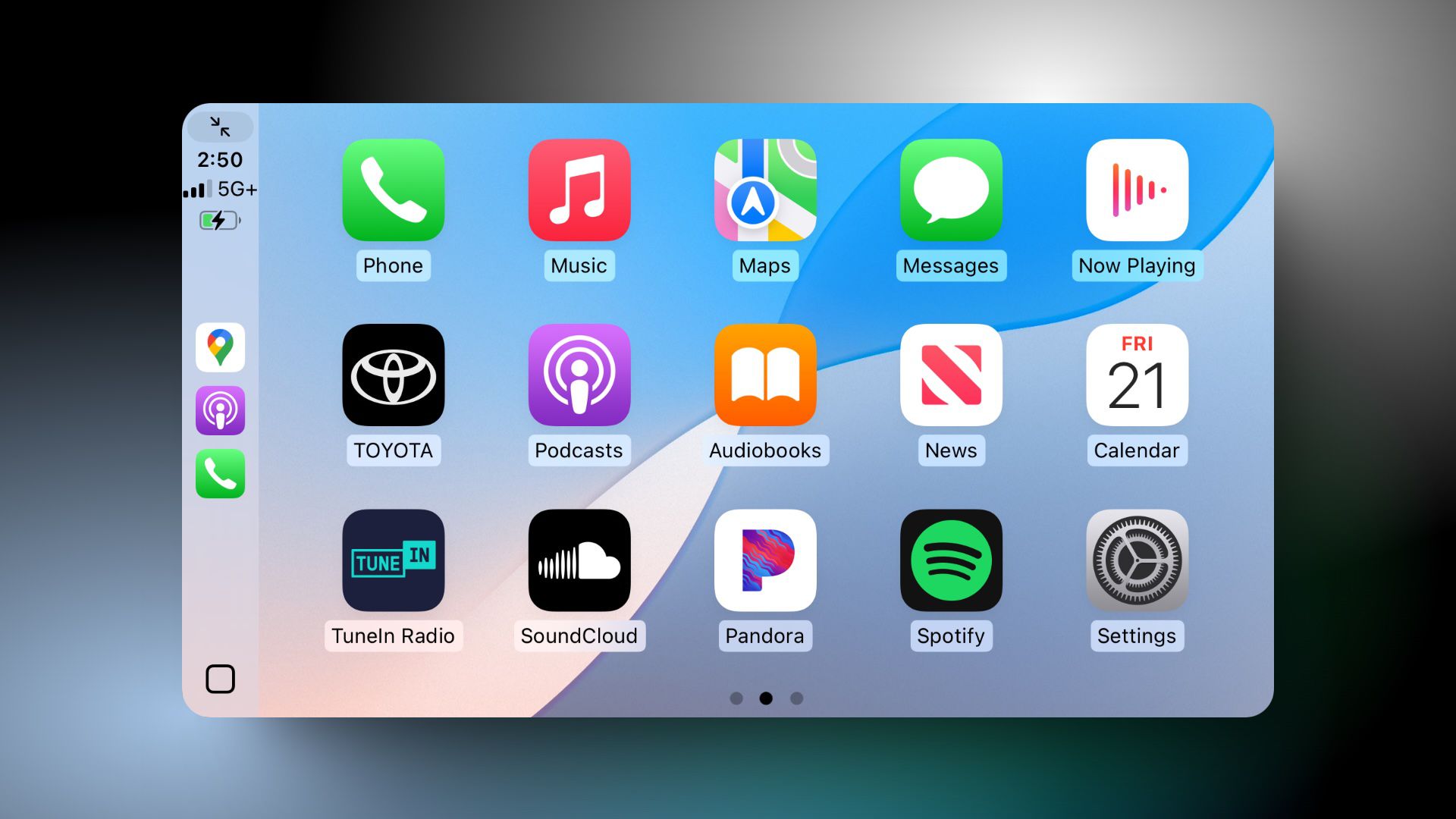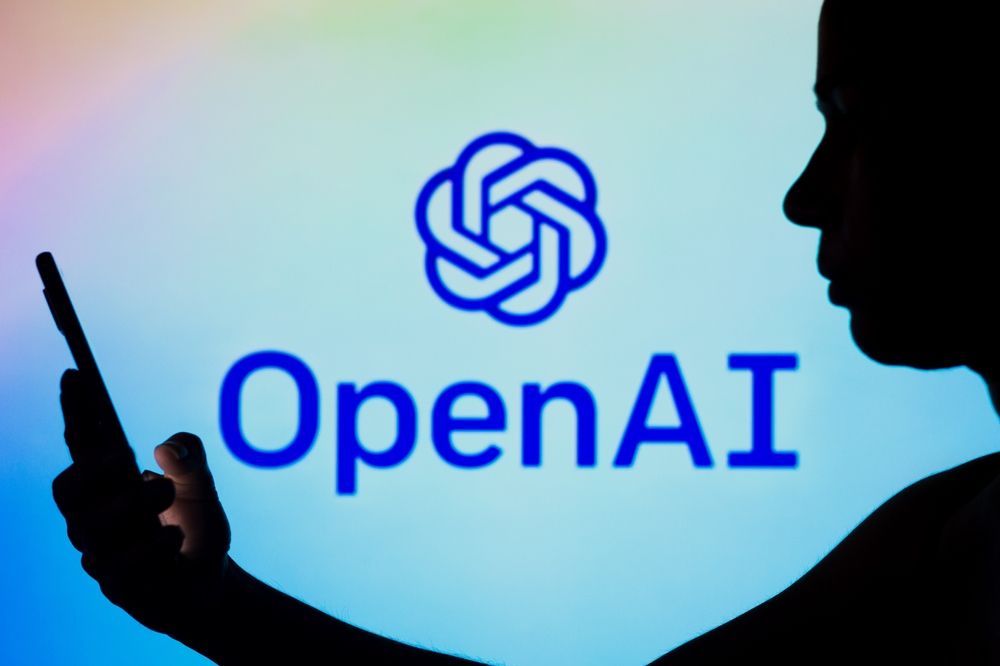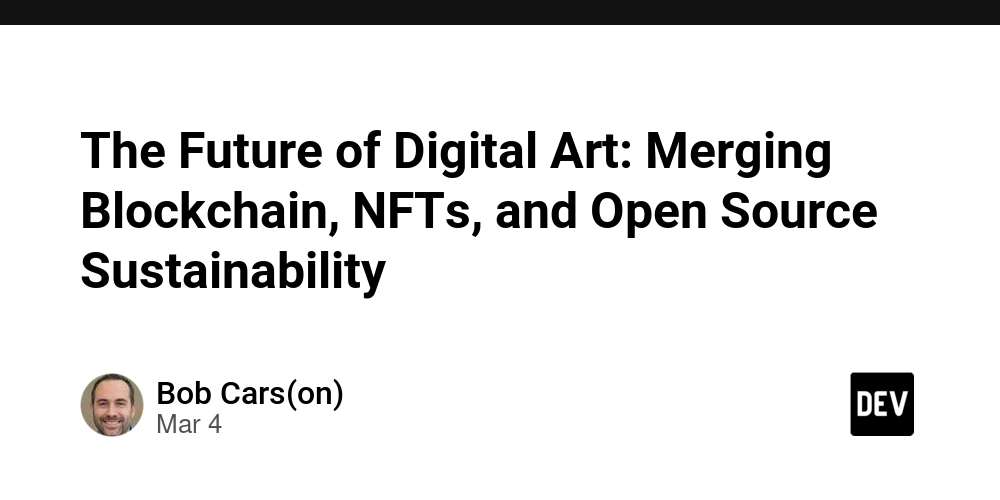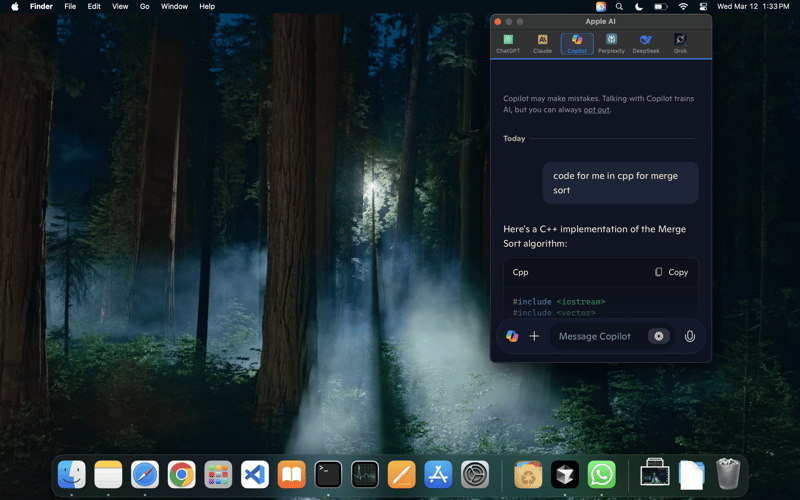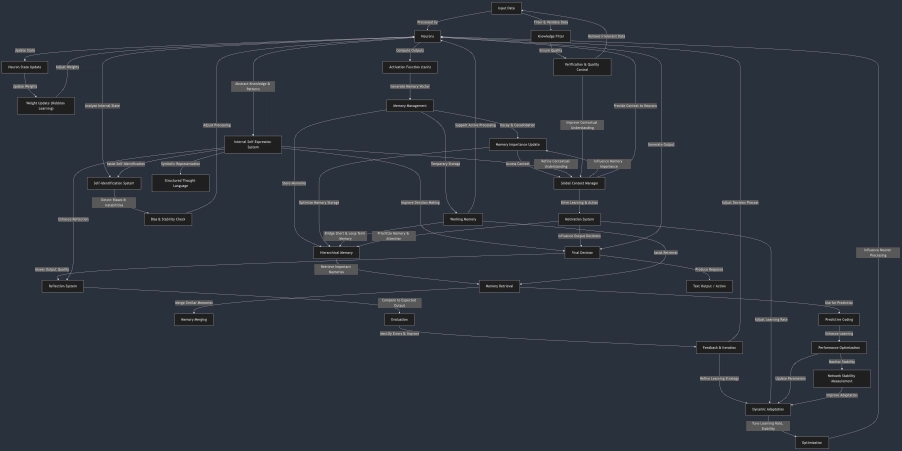Command-Line Magic: Essential JavaScript CLI Commands
1. Node.js CLI Commands Overview: Node.js is a JavaScript runtime that allows running JavaScript outside the browser, mainly for backend development. Common Commands node file.js → Run a JavaScript file node → Open the interactive REPL (Read-Eval-Print Loop) node --version (node -v) → Check Node.js version node --inspect file.js → Runs a script with debugging enabled. 2. npm (Node Package Manager) Commands Overview: npm is the default package manager for Node.js, used to install and manage dependencies. Common Commands npm init → Initialize a new project npm install package-name → Install a package npm install -g package-name → Install a package globally npm run script-name → Run a script from package.json npm update → Update all dependencies npm uninstall package-name → Removes a package. npm run script-name → Runs a script from package.json. Example: npm run start 3. yarn (Alternative to npm) Commands Overview: Yarn is a faster and more efficient alternative to npm for package management. Common Commands yarn init → Initialize a project yarn add package-name → Install a package yarn global add package-name → Install a package globally yarn run script-name → Run a script yarn upgrade → Upgrade dependencies 4. npx CLI Commands Overview: npx allows running Node.js packages without installing them globally. Common Commands npx create-react-app my-app → Create a new React app npx eslint . → Run ESLint without global installation npx tsc --init → Initializes TypeScript configuration 5. pnpm (Fast Package Manager) CLI Commands Overview: pnpm is a modern package manager that saves space by linking dependencies instead of duplicating them. Common Commands pnpm init → Initialize a project pnpm add package-name → Install a package pnpm run script-name → Run a script 6. React.js CLI Commands Overview: React is a JavaScript library for building user interfaces, especially single-page applications (SPAs). Common Commands npx create-react-app my-app → Create a new React app npm start → Start the development server npm run build → Build the app for production npm run test → Runs tests. 7. Next.js CLI Commands Overview: Next.js is a React-based framework that enables server-side rendering and static site generation. Common Commands npx create-next-app@latest my-app → Create a Next.js project npm run dev → Start the development server npm run build → Build for production npm start → Start production server npm run lint → Lint the project 8. Vue.js CLI Commands Overview: Vue.js is a progressive JavaScript framework used to build interactive user interfaces. Common Commands npm install -g @vue/cli → Install Vue CLI vue create my-app → Create a new Vue app npm run serve → Start the development server npm run build → Build for production vue add package-name → Adds a Vue plugin 9. Angular CLI Commands Overview: Angular is a TypeScript-based framework for building scalable web applications. Common Commands npm install -g @angular/cli → Install Angular CLI ng new my-app → Create a new Angular app ng serve → Start the development server ng build → Build the project ng test → Runs unit tests. ng generate component my-component → Creates a new component. 10. Vite.js CLI Commands Overview: Vite is a fast build tool and development server for modern JavaScript applications. Common Commands npm create vite@latest my-app --template react → Create a Vite app npm run dev → Start the development server npm run build → Build for production 11. Express.js CLI Commands Overview: Express is a lightweight Node.js framework for building backend APIs and web applications. Common Commands npm install express → Install Express node server.js → Run an Express app 12. NestJS CLI Commands Overview: NestJS is a Node.js framework for building scalable server-side applications using TypeScript. Common Commands npm install -g @nestjs/cli → Install NestJS CLI nest new my-app → Create a new NestJS project npm run start → Start the development server

1. Node.js CLI Commands
Overview: Node.js is a JavaScript runtime that allows running JavaScript outside the browser, mainly for backend development.
Common Commands
-
node file.js→ Run a JavaScript file -
node→ Open the interactive REPL (Read-Eval-Print Loop) -
node --version(node -v) → Check Node.js version -
node --inspect file.js→ Runs a script with debugging enabled.
2. npm (Node Package Manager) Commands
Overview: npm is the default package manager for Node.js, used to install and manage dependencies.
Common Commands
npm init→ Initialize a new projectnpm install package-name→ Install a packagenpm install -g package-name→ Install a package globallynpm run script-name→ Run a script frompackage.jsonnpm update→ Update all dependenciesnpm uninstall package-name→ Removes a package.npm run script-name→ Runs a script frompackage.json. Example:npm run start
3. yarn (Alternative to npm) Commands
Overview: Yarn is a faster and more efficient alternative to npm for package management.
Common Commands
-
yarn init→ Initialize a project -
yarn add package-name→ Install a package -
yarn global add package-name→ Install a package globally -
yarn run script-name→ Run a script -
yarn upgrade→ Upgrade dependencies
4. npx CLI Commands
Overview: npx allows running Node.js packages without installing them globally.
Common Commands
-
npx create-react-app my-app→ Create a new React app -
npx eslint .→ Run ESLint without global installation -
npx tsc --init→ Initializes TypeScript configuration
5. pnpm (Fast Package Manager) CLI Commands
Overview: pnpm is a modern package manager that saves space by linking dependencies instead of duplicating them.
Common Commands
-
pnpm init→ Initialize a project -
pnpm add package-name→ Install a package -
pnpm run script-name→ Run a script
6. React.js CLI Commands
Overview: React is a JavaScript library for building user interfaces, especially single-page applications (SPAs).
Common Commands
-
npx create-react-app my-app→ Create a new React app -
npm start→ Start the development server -
npm run build→ Build the app for production -
npm run test→ Runs tests.
7. Next.js CLI Commands
Overview: Next.js is a React-based framework that enables server-side rendering and static site generation.
Common Commands
-
npx create-next-app@latest my-app→ Create a Next.js project -
npm run dev→ Start the development server -
npm run build→ Build for production -
npm start→ Start production server -
npm run lint→ Lint the project
8. Vue.js CLI Commands
Overview: Vue.js is a progressive JavaScript framework used to build interactive user interfaces.
Common Commands
-
npm install -g @vue/cli→ Install Vue CLI -
vue create my-app→ Create a new Vue app -
npm run serve→ Start the development server -
npm run build→ Build for production -
vue add package-name→ Adds a Vue plugin
9. Angular CLI Commands
Overview: Angular is a TypeScript-based framework for building scalable web applications.
Common Commands
npm install -g @angular/cli→ Install Angular CLIng new my-app→ Create a new Angular appng serve→ Start the development serverng build→ Build the projectng test→ Runs unit tests.ng generate component my-component→ Creates a new component.
10. Vite.js CLI Commands
Overview: Vite is a fast build tool and development server for modern JavaScript applications.
Common Commands
-
npm create vite@latest my-app --template react→ Create a Vite app -
npm run dev→ Start the development server -
npm run build→ Build for production
11. Express.js CLI Commands
Overview: Express is a lightweight Node.js framework for building backend APIs and web applications.
Common Commands
-
npm install express→ Install Express -
node server.js→ Run an Express app
12. NestJS CLI Commands
Overview: NestJS is a Node.js framework for building scalable server-side applications using TypeScript.
Common Commands
-
npm install -g @nestjs/cli→ Install NestJS CLI -
nest new my-app→ Create a new NestJS project -
npm run start→ Start the development server










































































































































































![[The AI Show Episode 142]: ChatGPT’s New Image Generator, Studio Ghibli Craze and Backlash, Gemini 2.5, OpenAI Academy, 4o Updates, Vibe Marketing & xAI Acquires X](https://www.marketingaiinstitute.com/hubfs/ep%20142%20cover.png)

















































































































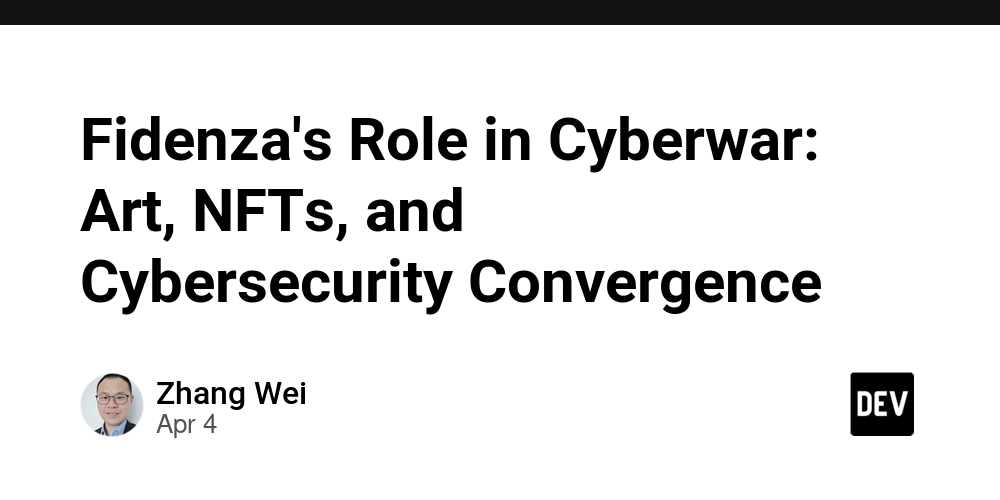
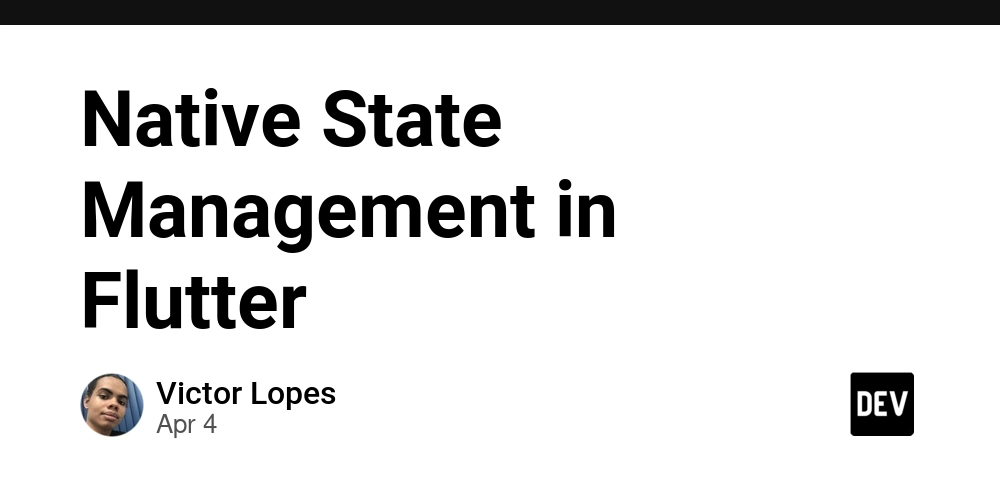


















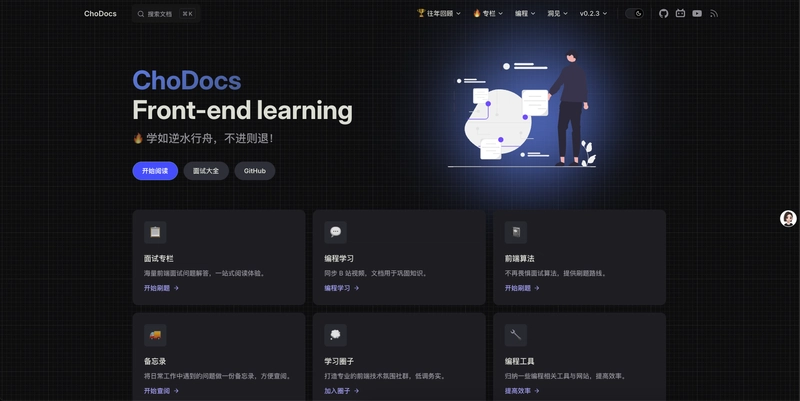










































































































.jpg?#)






















































































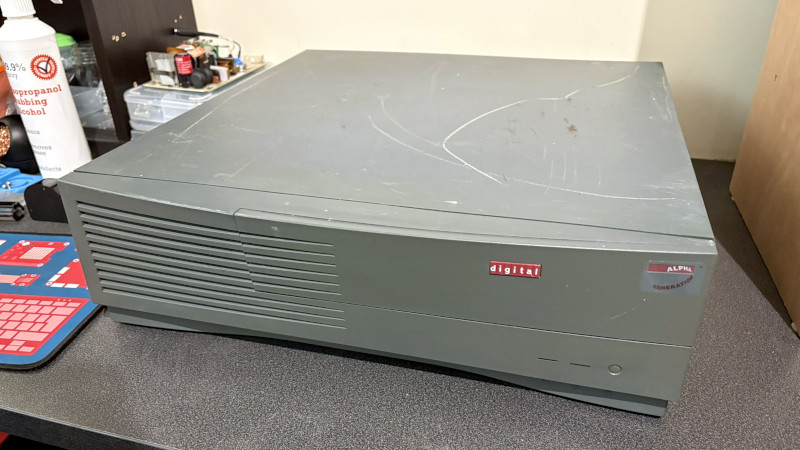























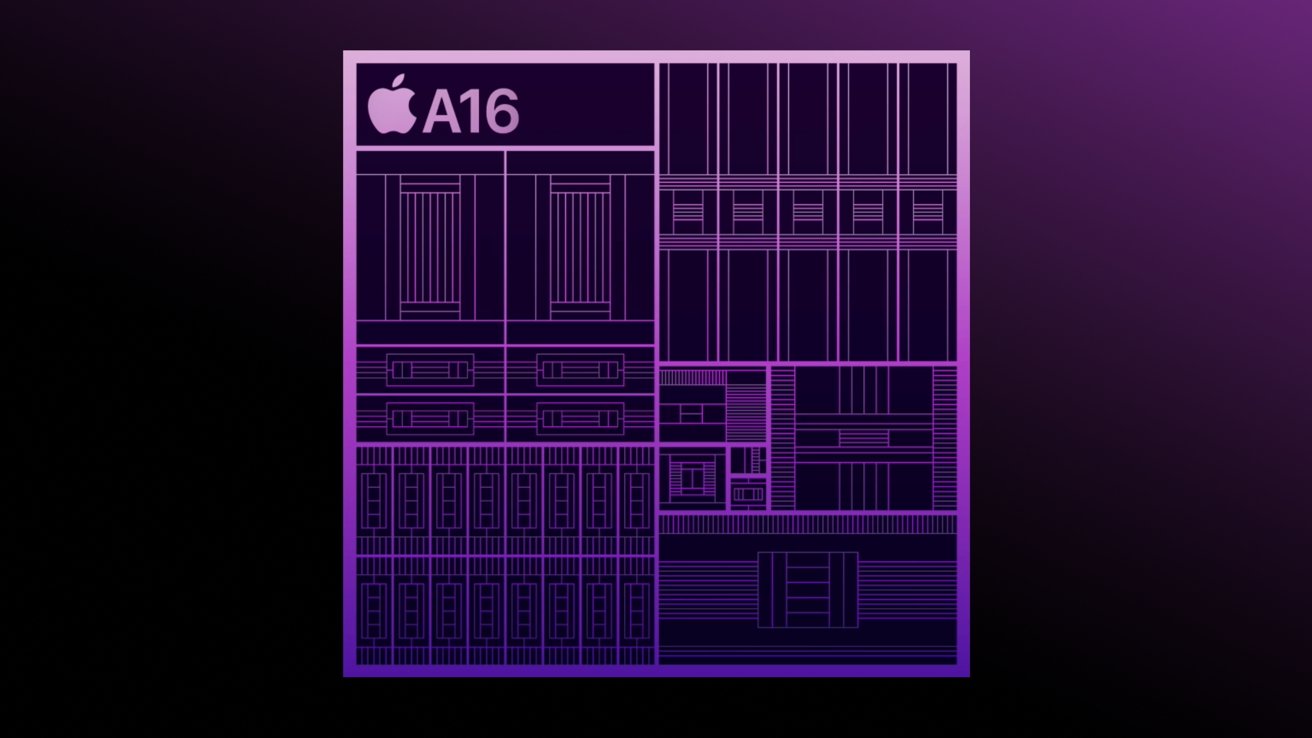






























![YouTube Announces New Creation Tools for Shorts [Video]](https://www.iclarified.com/images/news/96923/96923/96923-640.jpg)

![Apple Faces New Tariffs but Has Options to Soften the Blow [Kuo]](https://www.iclarified.com/images/news/96921/96921/96921-640.jpg)








































